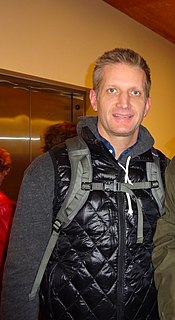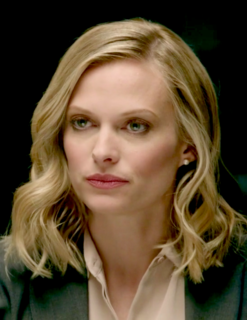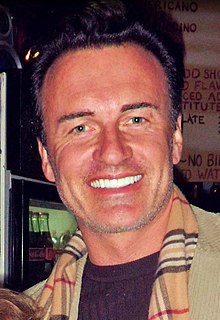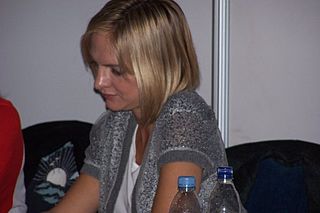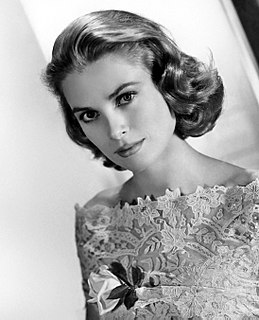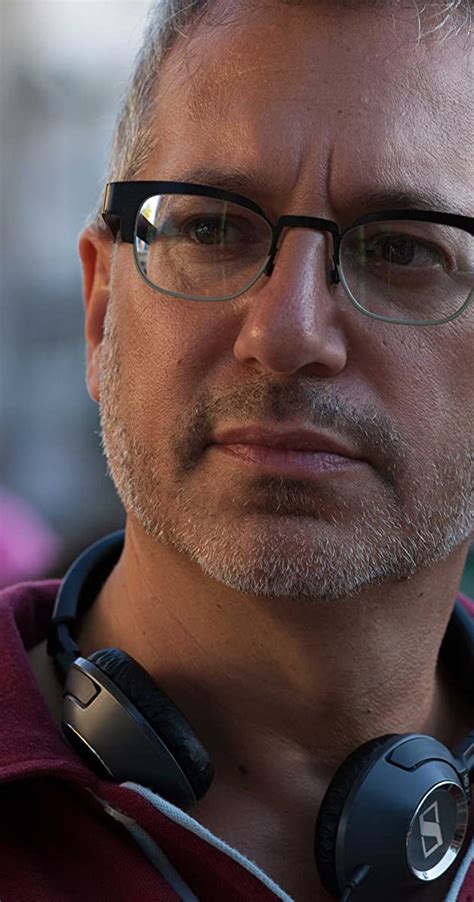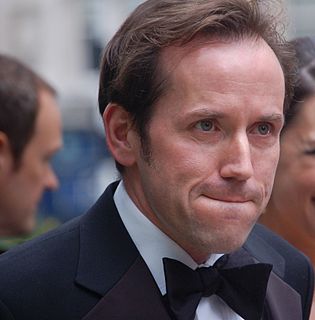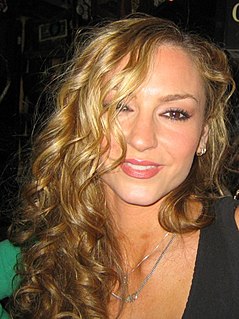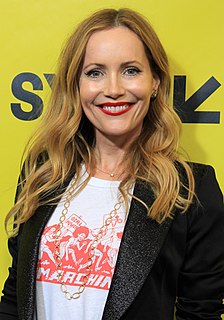A Quote by Paul Sparks
Related Quotes
My character [in Ted Bundy] was unaware of all the murders that were being committed by him, so I kind of tried to keep myself out of it and kind of keep an innocent point of view from it. The hard scenes for me were the sex scenes just because there's like sexual deviance going on and there was stuff that he want her to do and that was really disturbing.
When people see the terrible scenes of violence on television, when we mourn the death of each and every American man and woman in uniform or a civilian that's killed in Iraq, that it's hard to see the progress that's being made and it's hard to believe that this is all going to come out for the better.
The very dull truth is that writing love scenes is the same as writing other scenes - your job is to be fully engaged in the character's experience. What does this mean to them? How are they changed by it, or not? I remember being a little nervous, as I am when writing any high-stakes, intense scene (death, sex, grief, joy).
